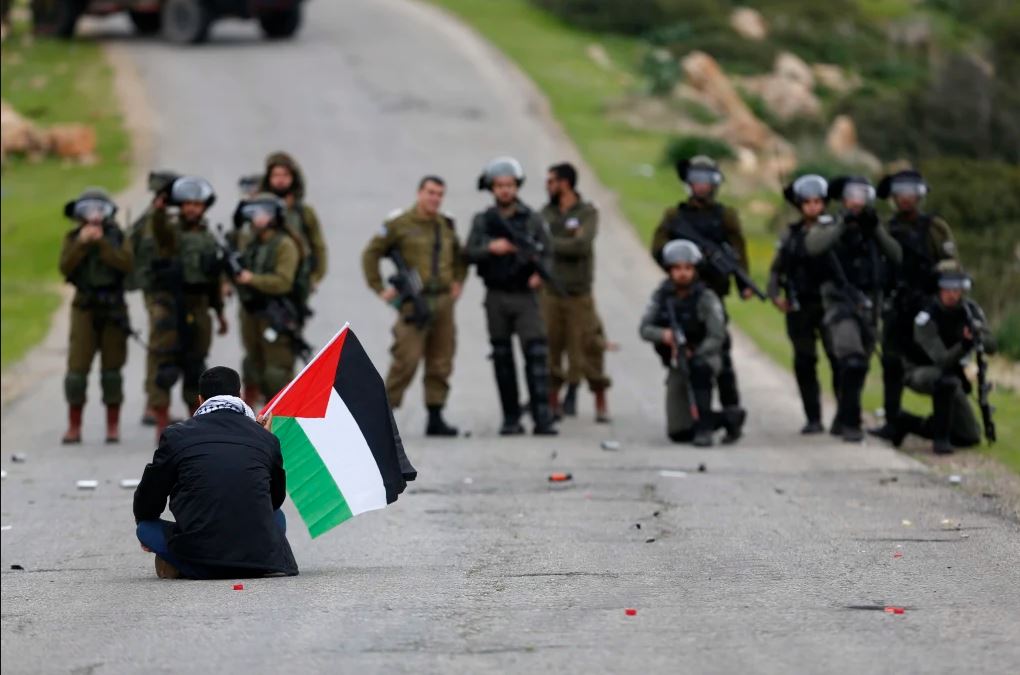The riverbeds of the once bountiful Jordan River were dry when I visited them in January, a symbol of how the rich resources of the Jordan Valley have been taken from its Palestinian inhabitants.
The valley, part of the Israeli-occupied West Bank, is one of the areas marked for annexation by Israel under the peace plan unveiled by US President Donald Trump in January, a proposal that generated criticism internationally and from former Australian prime minister Kevin Rudd.
When Israel announced on August 13 that it would “suspend” annexation as part of a normalisation of relations with the United Arab Emirates, the UAE portrayed the move as a step towards peace and protection for Palestinians.
For Palestinian farmers in the Jordan Valley such as Rashed Khudairi, such grand words and agreements do little to change the harsh reality.
“Israel is not giving up anything on the ground,’’ Khudairi said in the wake of the UAE deal. “The Israeli policy is very clear in the Jordan Valley.”
Khudairi describes that policy as one of bringing land under Israeli control but excluding those Palestinians who live on it. In May, the sign outside his home village of Bardala — a sign put up at the time of the 1990s Oslo accords to indicate that the village was part of Area B, with joint Israeli and Palestinian Authority control — was removed, with the same happening at other villages.
Read the article by Andra Jackson in The Sydney Morning Herald.

